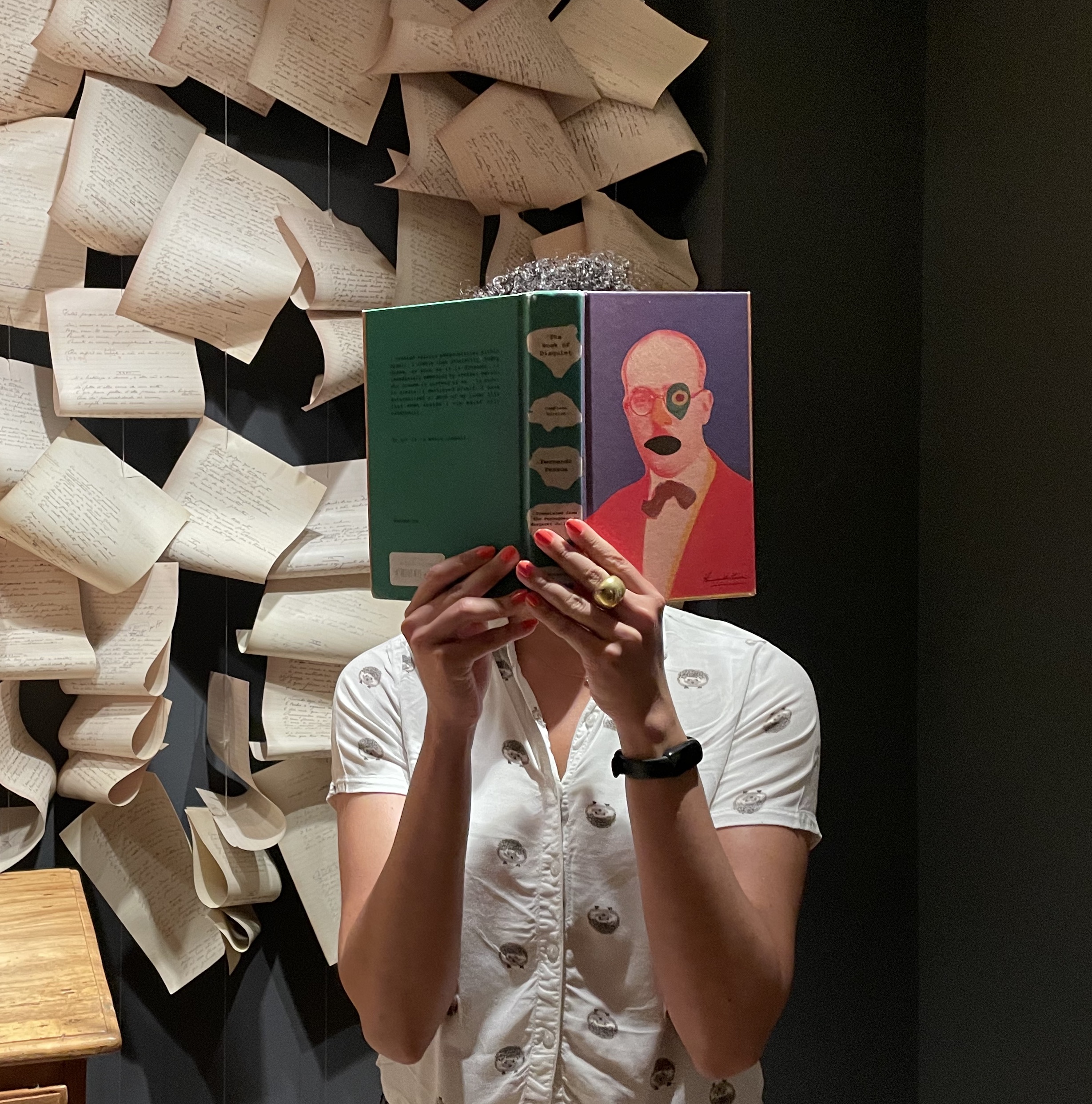By ARVIND KRISHNA MEHROTA
Fortysomething, slight of build,
he lived next door with his parents
in an Art Deco house with garden to match
and tall trees that came up to my third floor flat
from where I could touch their leaves. Squirrels
ran up and down them all day, squeaking.
In a city he grew up in,
which he’d never left, he but had
one friend, a retired bus driver who
lived in a shack across the road, with whom
most evenings he sat outside the house,
on a string cot, surrounded by street dogs
the colour of faded brown towels, the nap
worn thin, and watched the world go by,
if only there were a world to go by.
Night comes suddenly in these latitudes.
Then, for no good reason, or none I know of,
he had the trees cut. I put up curtains
in the windows to keep out the morning sun
and forgot about the trees.
One hot afternoon
I saw rose petals scattered in the drive,
some empty chairs, and melting slabs of ice.
I heard no crying.
Someone had died in the house
and been quietly cremated. The father, I thought,
whom I’d see in the garden, the cord of his
silk dressing gown firmly tied. Or maybe
the mother, who spent her mornings
bent over the potted plants,
removing the dead leaves. ‘It was their son.
Surely you knew about him?’ their old cook said
when I asked. ‘No. Had he been ill?’ He didn’t
answer my question, but closing the fingers
of his right hand gestured towards his mouth
with his thumb. To be honest,
I’d forgotten about the squirrels too.
Arvind Krishna Mehrotra is the author of four books of peotry; the editor of The Oxford India Anthology of Twelve Modern Indian Poets, Collected Poems in English, by Arun Kolatkar, and A History of Indian Literature in English; and the translator of The Absent Traveller: Prakrit Love Poetry and Songs of Kabir. A volume of his essays, Parital Recall: Essays on Literature and Literary History was published in2012. He lives in Allahabad and Dehra Dun.
[Purchase your copy of Issue 02 here.]




